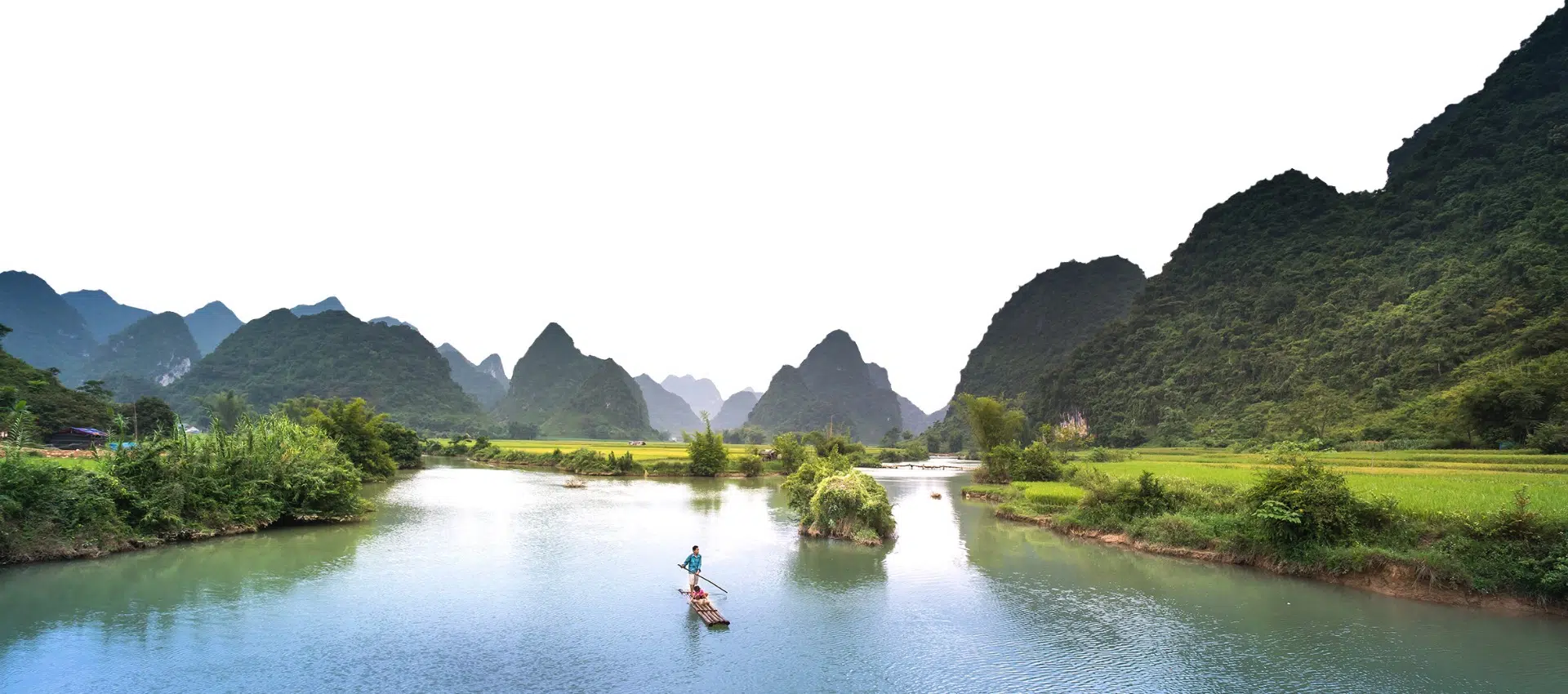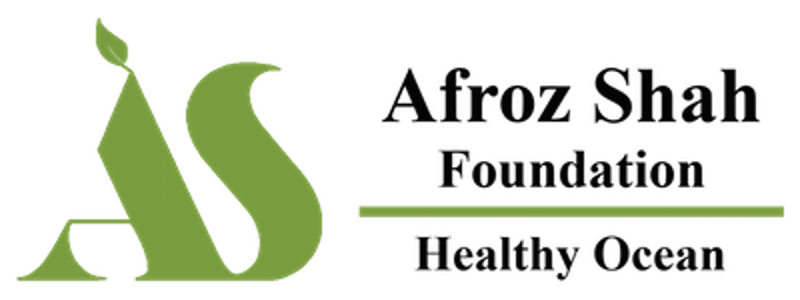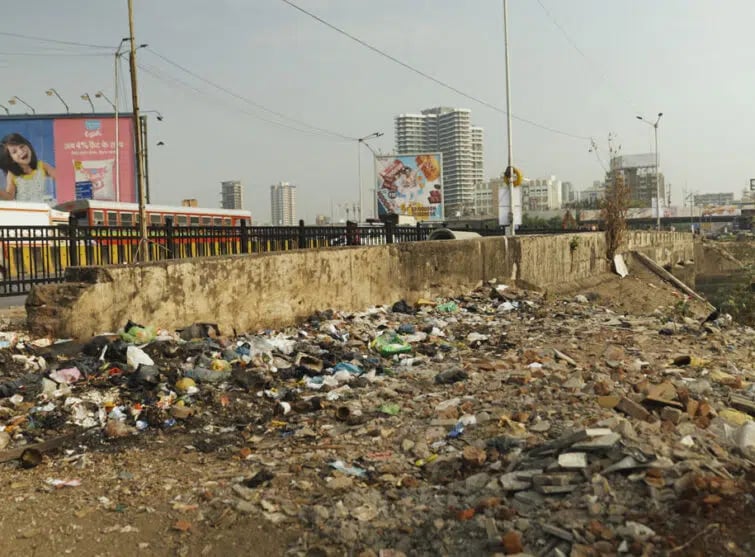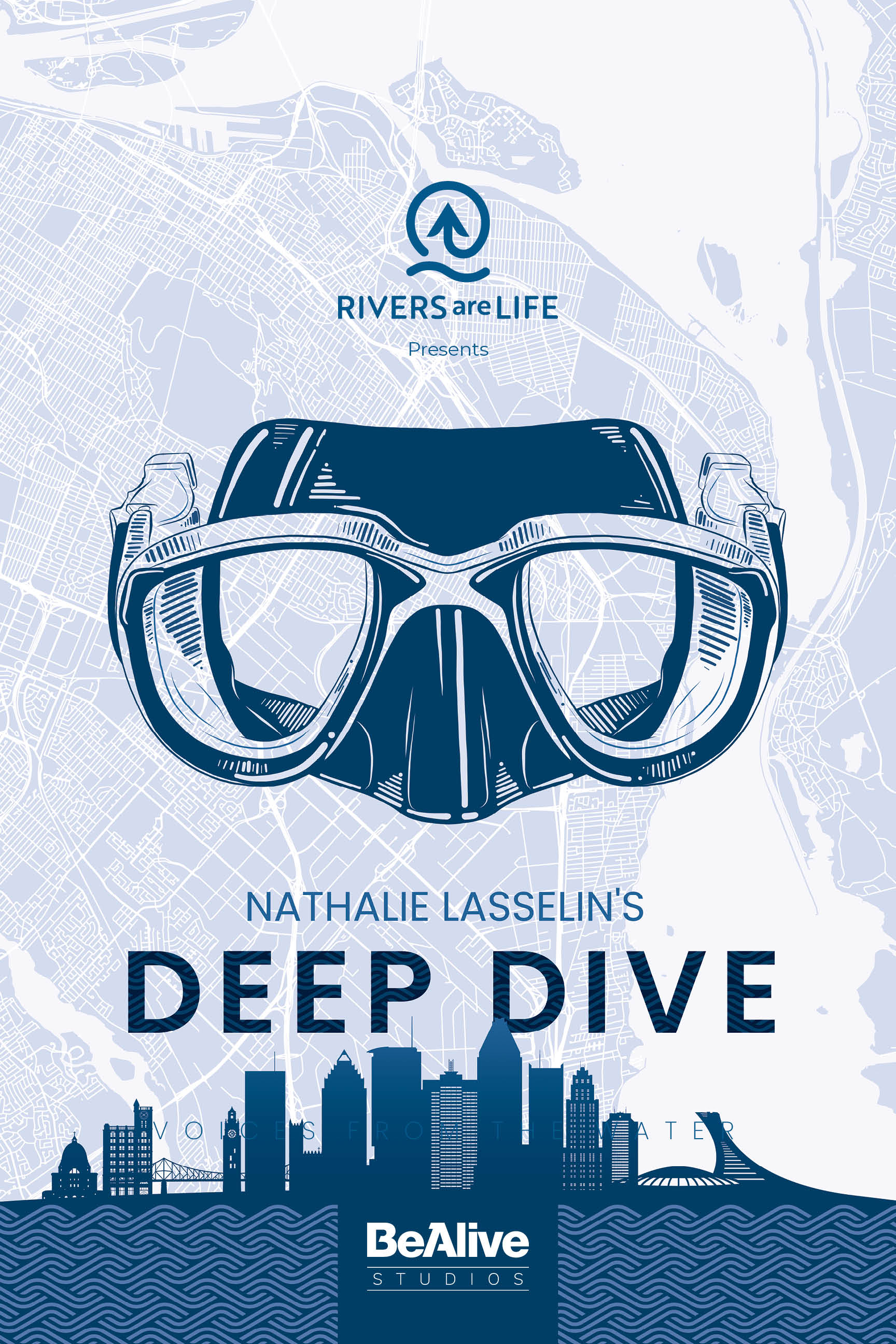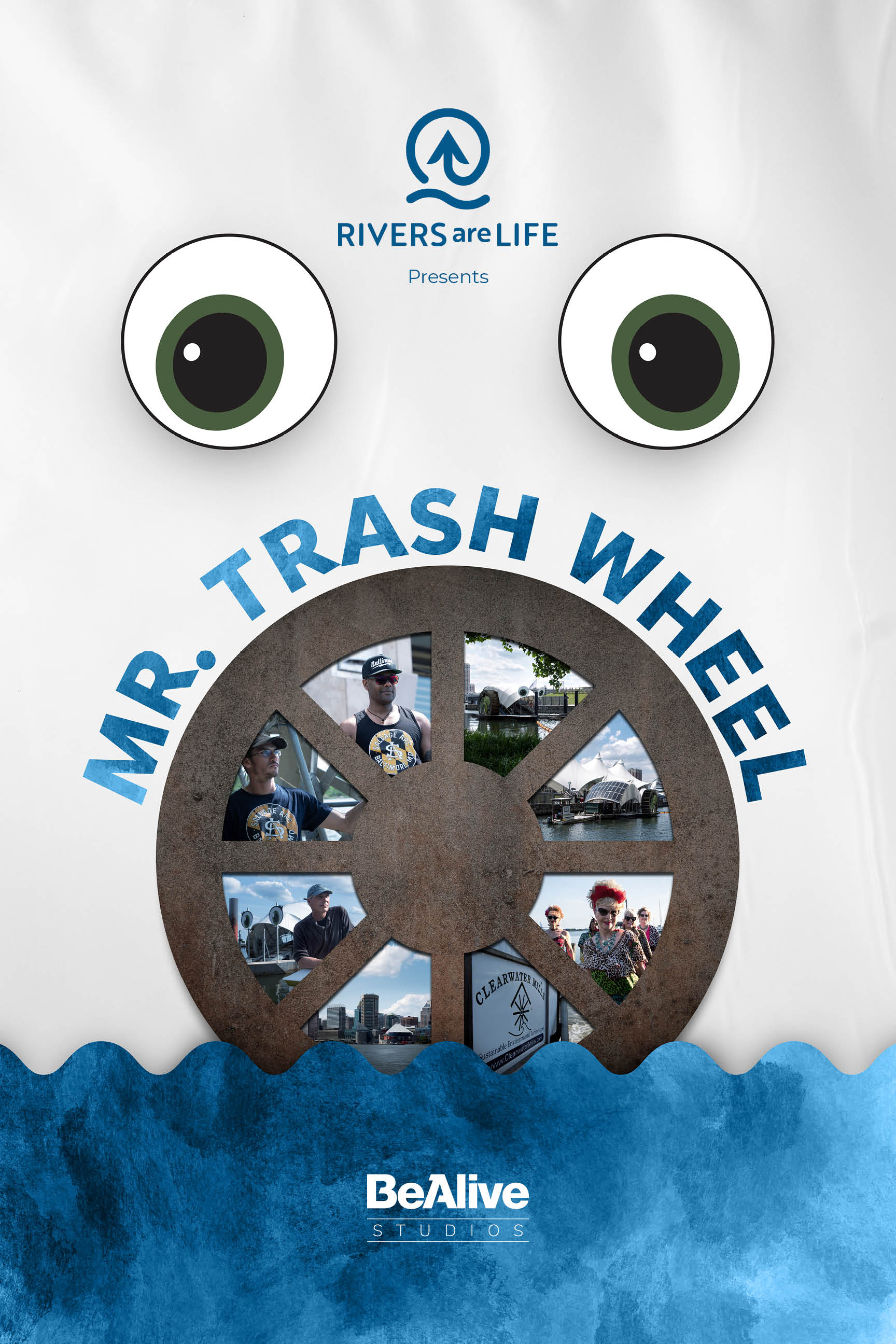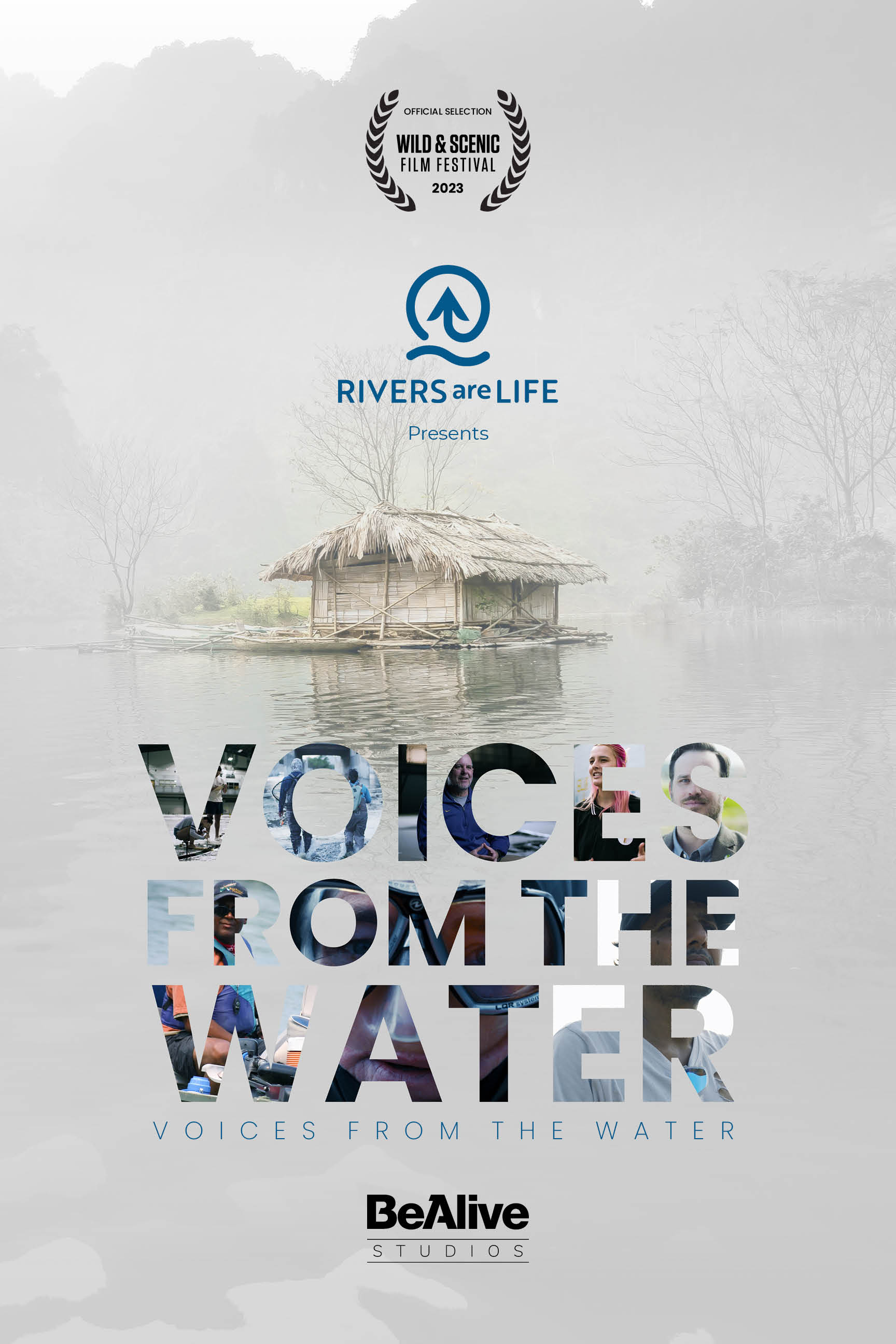FROM MUMBAI WITH LOVE - AFROZ SHAH
"I always strongly believe a person in 21st century is the one who was defined by his garbage." - Afroz Shah
Champion of Earth
In Hindi, the word for “sweet” is Mithi. Mithi is also the name of Mumbai’s largest river, but its waters – concealed beneath a veil of floating plastic – are anything but sweet.
“Wherever people have chosen life of convenience and comfort, these problems have erupted,” says Afroz Shah, lawyer and founder of the Afroz Shah Foundation.
The Mithi River originates inland at Vihar Lake. After an 18-kilometer journey past everything from slums to 5-star hotels to skeletons of once-thriving mangroves, the river drains into Mahim Bay, where it ultimately joins the Arabian Sea and the Indian Ocean.
Mithi River
Taking Responsibility
“When you’re young and somebody shows you the ocean, there’s a grin, there’s a smile, there’s a happiness in your head, in your eyes,” says Shah. “… I’ve played here; I’ve swam here in this water. The way India functions pre-’92 is different. We had no malls, you had no theaters, you had lesser plastic.”
“We are all responsible. It cuts across all economic straight to all social upbringing and everything,” says Shah.
The Mithi River has become an open sewer within the past few decades. Wastewater, industrial waste, and unauthorized dangerous waste have been dumped thoughtlessly into its waters. The pollution from single-use plastic has only compounded the issue.
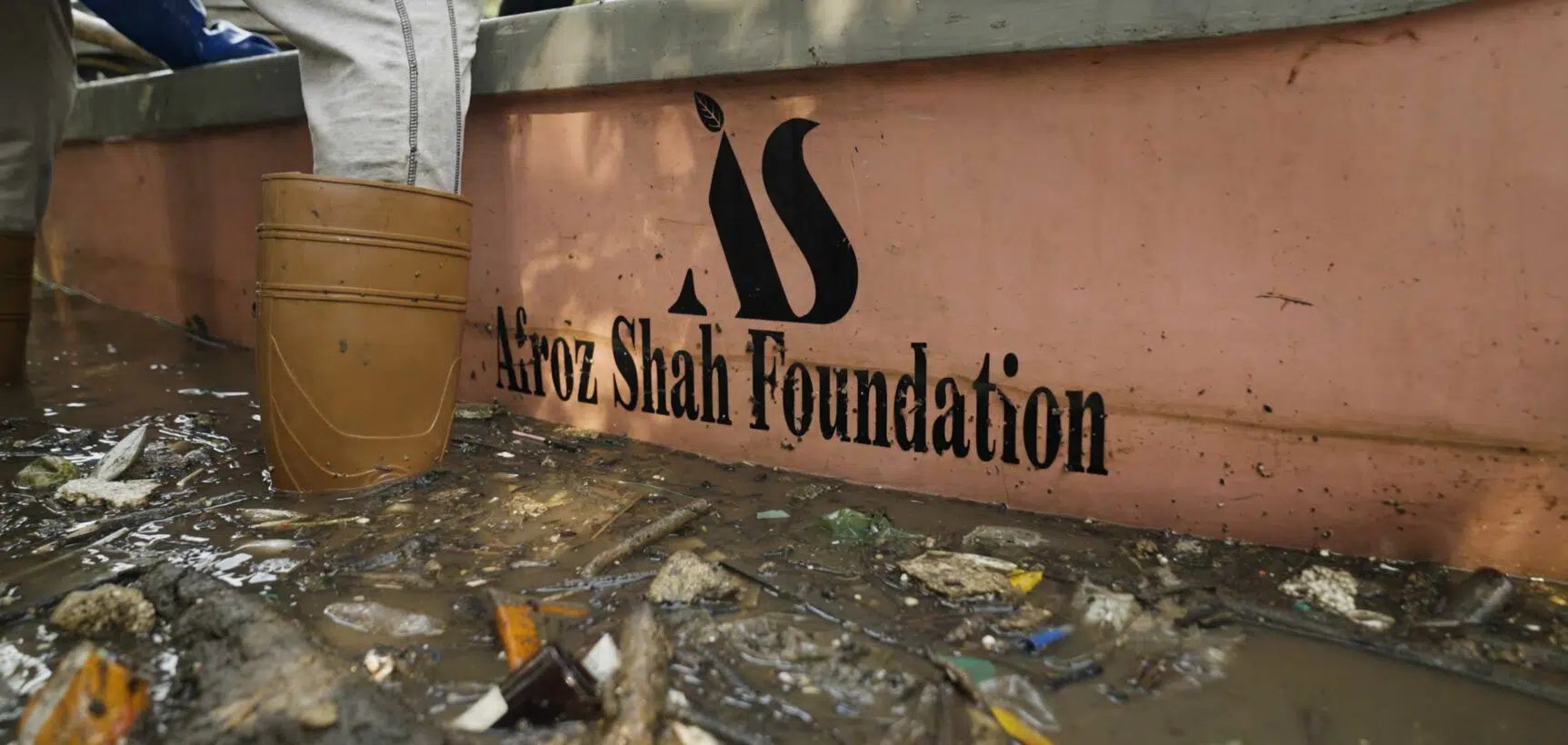
Science of Sustainability
Lucro, an India-based recycling company, is producing polyethylene film solutions made from locally collected, difficult-to-recycle plastic scraps – including some of the waste collected by Afroz and the volunteers. This film is used as a protective covering in the community.
Lucro works with Dow to develop this recycled film – and is supported by Circulate Capital’s Ocean Fund, which works to avoid plastic waste entering the ocean and advance the circular economy in South and Southeast Asia.
Building The Foundation
“If you allow this plastic to go into the ocean or develop into what we call ocean gyres – huge plastic islands – and fishes swallow this, birds ingest it, and it is a catastrophe for them,” says Shah.
That’s why Shah started the Afroz Shah Foundation: to reduce and refuse plastic; to bring behavioral changes; and to create zero garbage communities. His love for the environment, his country, and our planet inspired him to start doing beach cleanups.
“When you say you love, then you put something in motion,” says Shah.
“We’ll keep on saying we love [the] planet,” says Shah. “We want to be the change; I want to see the change. But if you’re not taking even a small step, what’s the point of this journey? This Gandhian philosophy is about aligning ourselves with nature, with love, and getting everybody involved.”
He is also collaborating with multiple Indian startups, including Lucro and Saltech, to reimagine the way Indians use plastic and to create a circular economy. A major project Shah is working on is converting collected waste plastic into paver blocks to be used in construction.
No matter how small we may think we are, Shah urges that it’s up to us to do something.
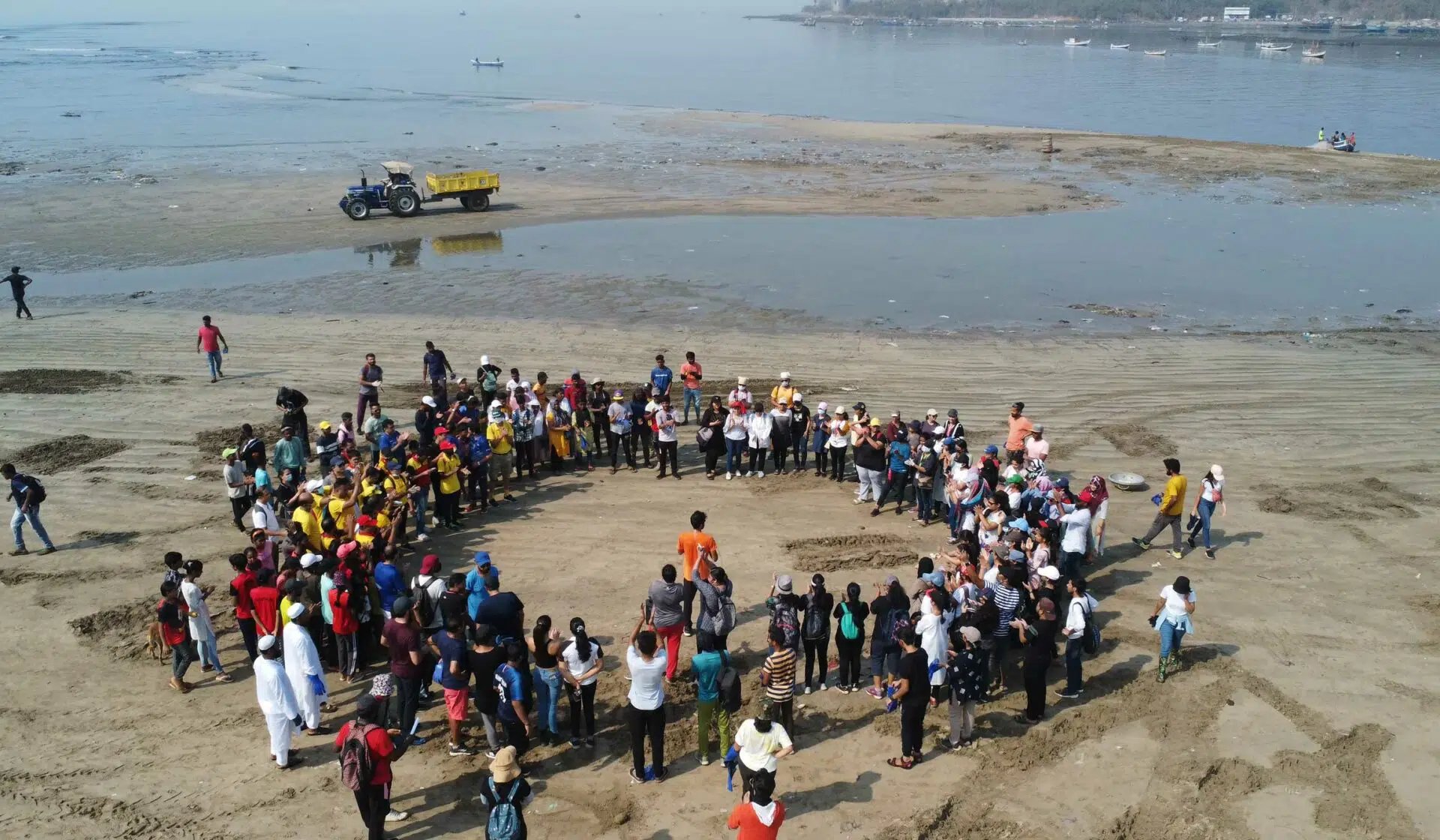

168,650 STUDENTS
From 91 schools/colleges regularly working on a roster system to clean beaches, mangroves, and rivers.

60 M+ POUNDS OF WASTE
Removed from the ocean, beaches, creeks, rivers, and forests int he last 6 years.

348 WEEKS
Spent rejuvenating Mithi River - cleaning up the river and training people living along the riverbank to form a circular economy.
Explore Other Heroes
